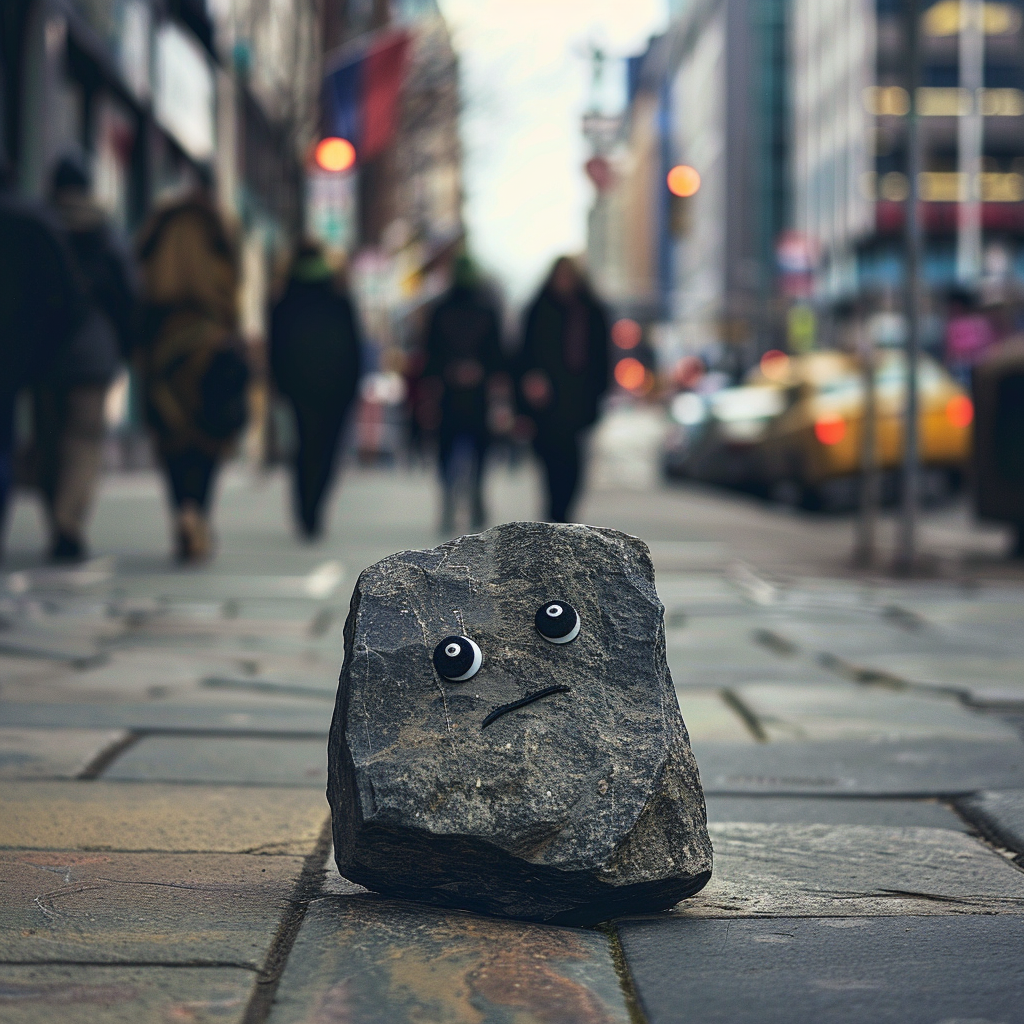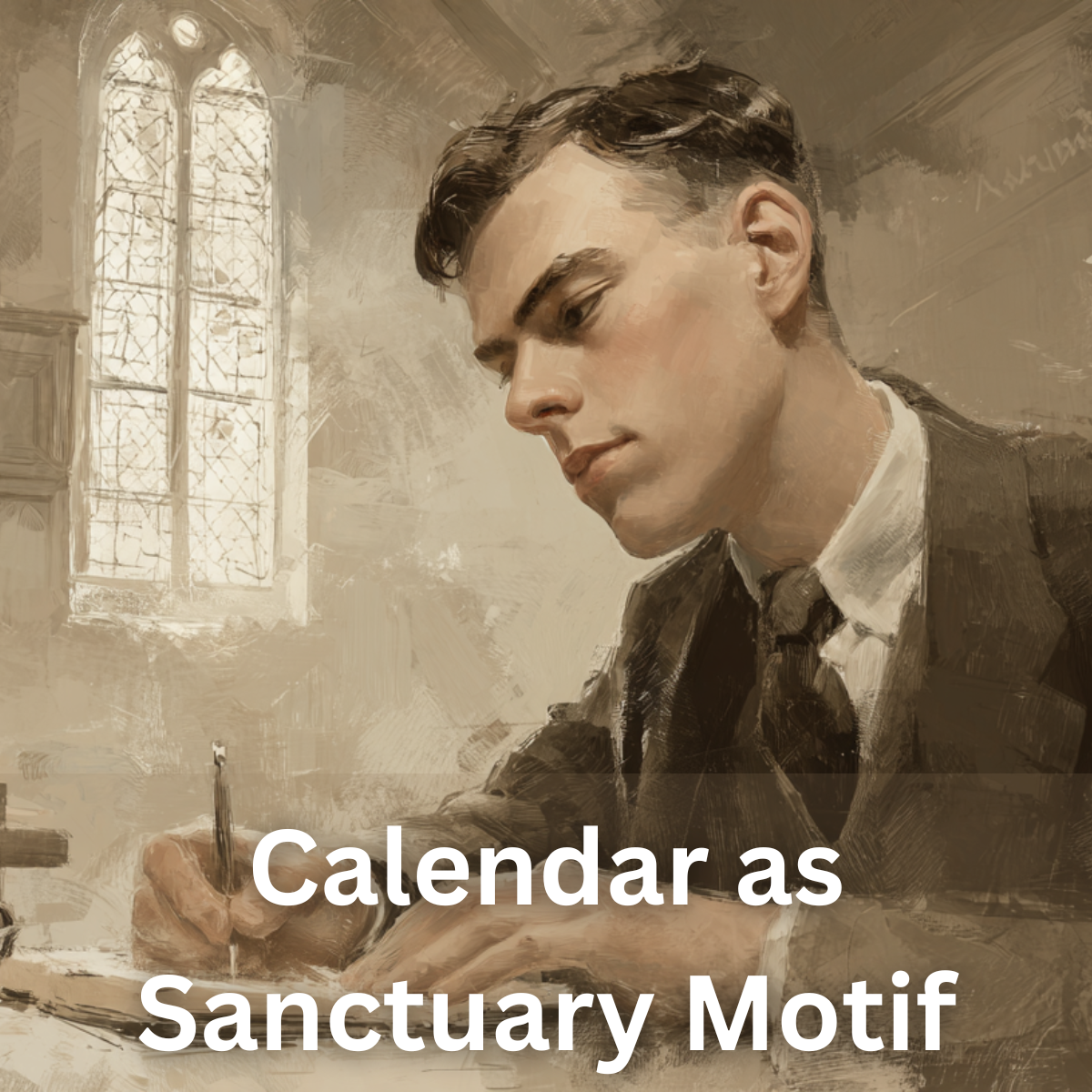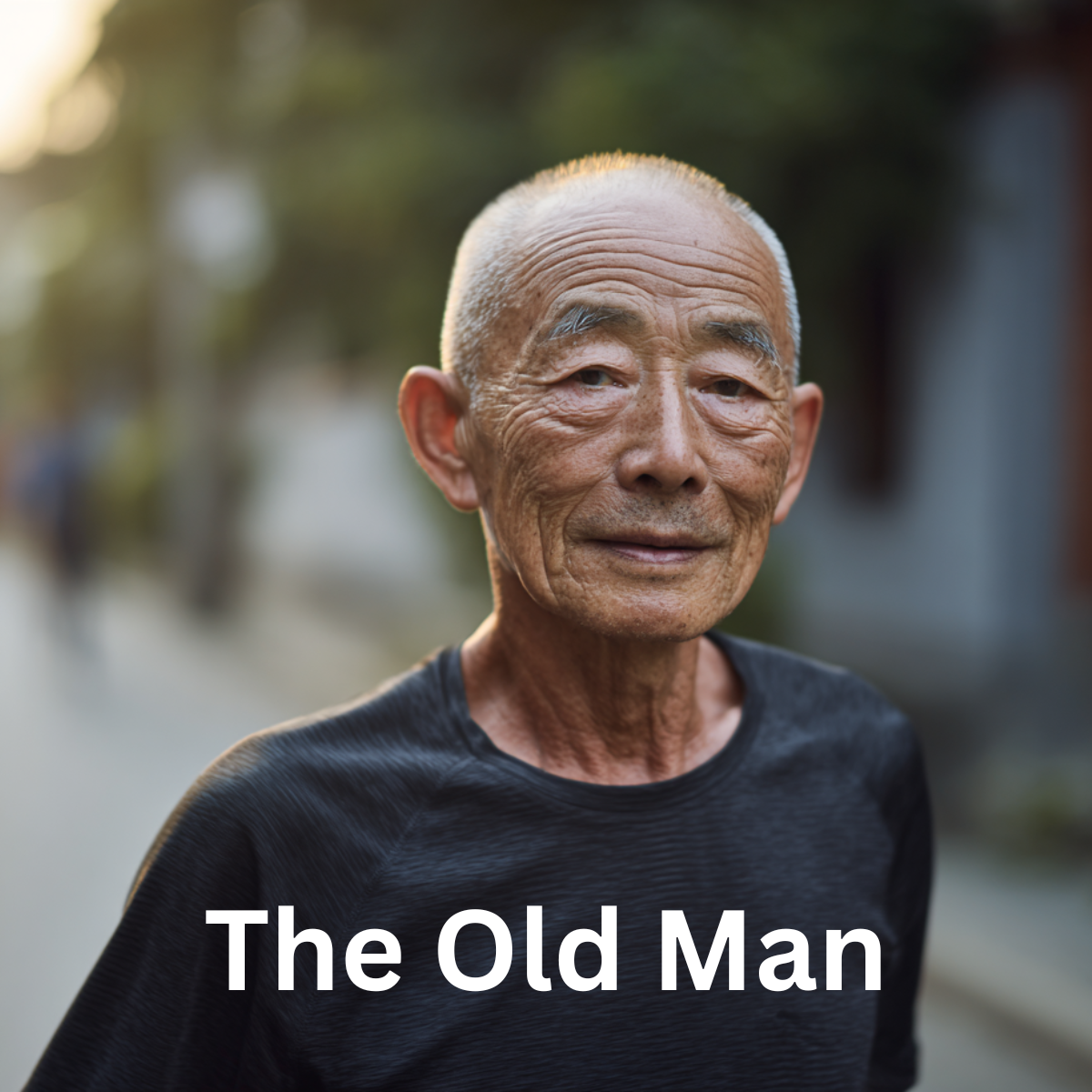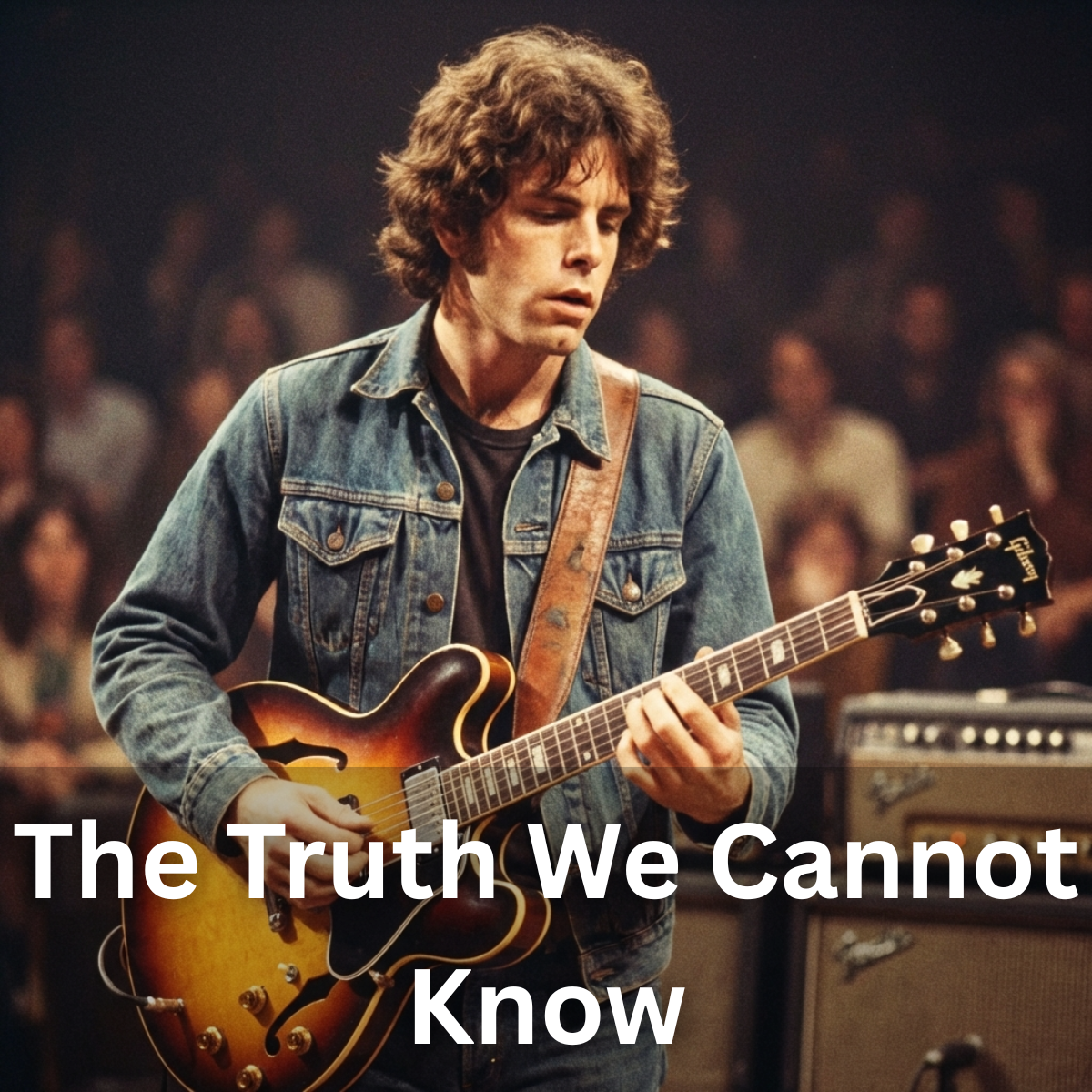A philosophy that dates back to ancient times is the idea of either being an agent of action or being one that is acted upon. This concept has many sources, but the first recorded one is the writings of Aristotle. He distinguished between praxis and pathos. Praxis is the nature of action and pathos being acted upon. In all of these discussions, the universal conclusion is that it is better to be an agent of action rather than just reacting to actions taken that affect you. This same dilemma was immortalized in the Shakespearean Drama in which Hamlet struggles with action – ‘to be or not to be, that is the question.”
So my 8th principle out of 10 is the following:
Principle 8 – Don’t Be a Rock – Choose to Act and Not be Acted Upon.
Jean-Paul Sartre discusses this concept in his book “L’Être et le Néant,” which essentially means being and nothingness. This is a fundamental book in the existentialist movement that started in the mid-20th century. In this work, he discusses mauvaise foi, or the act of self-deception. We can fool ourselves into thinking that we have no choice or bad faith in that we have no freedom to act for ourselves.
Immanuel Kant wrote that we were all free agents to act for ourselves and that, as rational beings, we always could choose our own paths. However, we could also be influenced by external forces and evil desires. Effectively, in his idea – we could choose to act in accordance with our morality, laws, and ethics, or we could find ourselves under the influence of forces opposed to those things.
In my mind, I have come to the conclusion that there are two types of things in this universe. Those things that act and those things that get acted upon. Conscious rational beings and everything else. You can choose to act for yourself, or you can do nothing and be acted upon like all other matters in the universe. To remind myself of this, I have shortened this principle to be – Don’t Be a Rock.
It is always best if you are the agent, the one who is making the decisions and selecting your path. If you find yourself in a situation where people are making the choices for you, then you are no better off than rocks. I would rather be free falling into the unknown than be in a controlled and safe environment with all the other rocks.
This principle has served me well. I want all my decisions to be my own, to be free to choose, to be free to act. I want to be the agent of my own destiny, to be the one with praxis and not the victim of pathos. To be more than just a rock.




